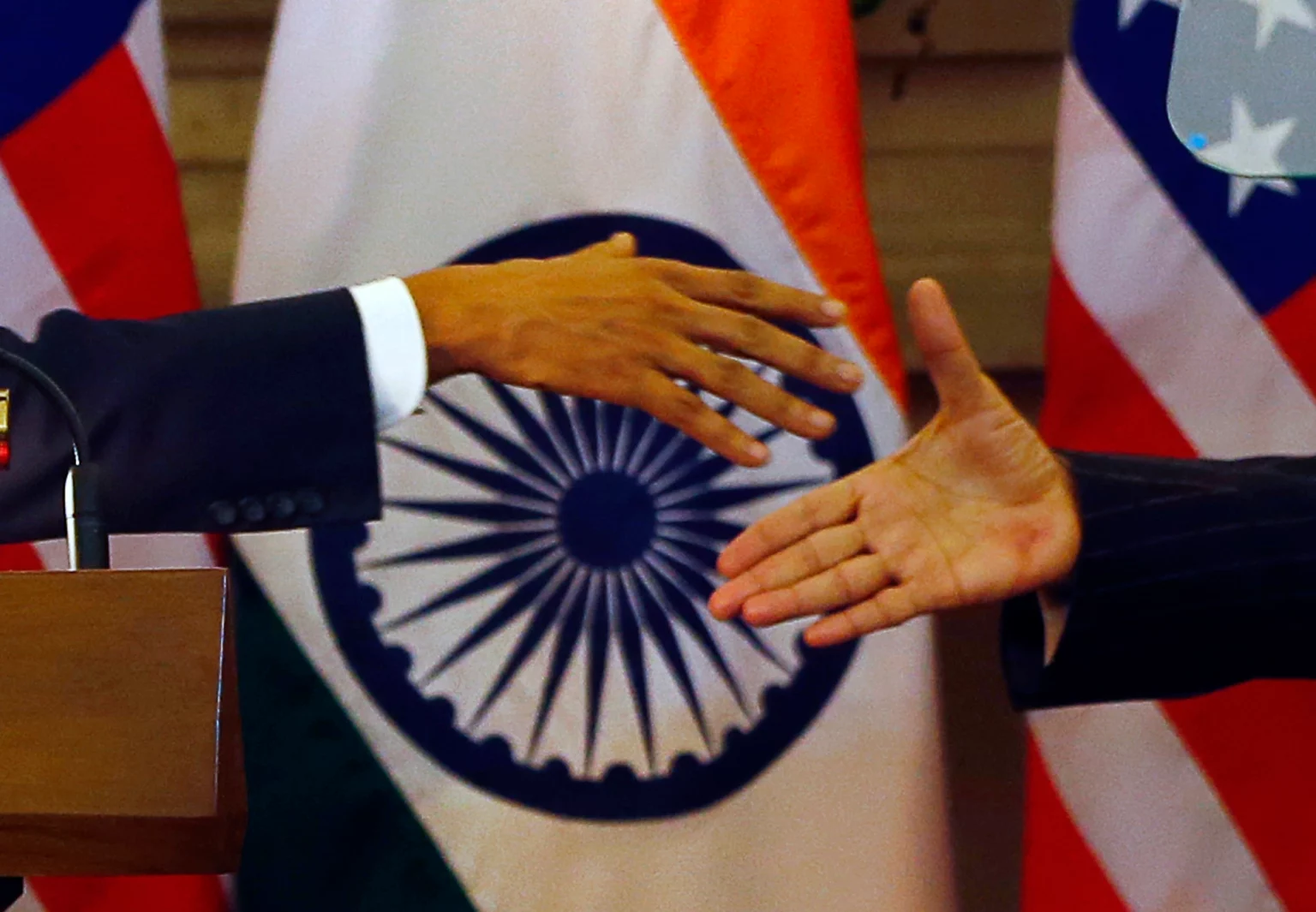Indiaplomacy—a phrase created by fusing the words “India” and “diplomacy”—proved to be a noteworthy chapter in 2023, signifying the country’s diplomatic efforts to promote its interests internationally. The G20 presidency, S. Jaishankar’s first trips to four Latin American countries, and accusations of encounters abroad—the year was filled with incidents that put India’s diplomatic skills to the test. It is crucial to investigate the chances and difficulties that face India as we approach 2024.
With so many known and unknown unknowns in the turbulent field of international relations, forecasting the future is a difficult undertaking. However, some upcoming events in 2024 are likely to have a significant effect on Indiaplomacy. Rather than offering exact predictions, the purpose of this essay is to serve as an exercise in describing possible outcomes.
The biggest democracy in the world, India, is about to have general elections in the coming year. Three states held assembly elections in 2023, and Prime Minister Modi’s Bharatiya Janata Party (BJP) emerged victorious, demonstrating the people’s steadfast support for his leadership. Modi’s position was also reinforced by the fact that the opposition alliance lacked any realistic alternatives. Modi has an advantage over the other candidates because of things like welfare programmes, development projects, and cultural problems like the Ram Mandir controversy. It seems quite possible that Modi will move back to the centre, indicating a continuation of a pragmatic and nationalist foreign policy in 2024, with the Lok Sabha elections just six months away.
Significant changes are also occurring in the global political scene, with elections scheduled in almost 50 nations that account for half of the world’s GDP. Notably, the US is preparing for the 2024 presidential election. Diplomatic circles took notice of the Biden administration’s alleged unwillingness to make accommodations for an independent India that is multialigned. India-US relations were strained by incidents like the Department of Justice’s investigation of Nikhil Gupta and the intelligence that India provided to Canada regarding the actions of Khalistani terrorist Hardeep Singh Nijjar. India invited the US to be the primary guest at the Republic Day celebration, but the US turned them down, sparking rumours that if Biden wins a second term, an anti-China bloc would be formed.
In 2024, Russia will also have a significant influence on how Indiaplomacy is shaped. The’strong and stable’ connections between India and Russia were reaffirmed during External Affairs Minister Jaishankar’s visit to Moscow in late 2023, against the backdrop of American attempts to affect India’s strategic autonomy. Signings of agreements on energy, trade, connectivity, military cooperation, and cooperation on an Indian nuclear facility may have unsettled Western nations. There has been a strengthening of relations between the two countries, as seen by Russian President Putin’s invitation to Prime Minister Modi to attend the yearly summit in Moscow.
China, the “dragon in the room,” continues to play a big role in India’s diplomatic calculations. Tensions remain as India presents itself as a competitive alternative to the ‘China plus one’ approach to sourcing and supply chains. China may find it irritating that the Modi administration is inviting and incentivizing manufacturing enterprises to expand their operations in India. China might respond by strengthening its strategic positions and increasing its influence in South Asian nations, even though a full-scale conflict seems unlikely. Consequently, this may lead to further collaboration between Japan and India.
Bangladesh’s elections, which are scheduled for January 7, will add another facet to India’s populace in 2024. In order to protect its interests and distance itself from China, India must engage with Bangladesh in the absence of strong US backing, as Sheikh Hasina and her Awami League are predicted to win. However, a prolonged period of socio-political instability or the possible success of candidates backed by Jamaat could result in the persecution of Hindus in Bangladesh once again, increasing the number of Hindu emigrations and illegal infiltration by other communities looking for economic possibilities. India faces a special challenge in dealing with this situation.
Pakistan is holding elections in the immediate neighbourhood; the results are anticipated in February. Still, the military will always have a say in how things turn out, so administrative changes in Islamabad will not have as much of an effect on foreign policy. Stability in the area is bolstered by Sri Lanka’s economic recovery and a decline in remarks made against India by the ruling party in Nepal. India may need to take deliberate and prudent measures to handle these complex situations in light of the ongoing conflict between Israel and Palestine and the US-Houthi standoff.
Examining the intricacies of 2024 reveals that elections, geopolitical realignments, and regional factors are interwoven with diplomatic problems and the potential for Indiaplomacy. To effectively navigate these complications and safeguard India’s interests on the international scene, a strategic and proactive strategy is necessary. In the upcoming year, India’s diplomatic efforts will surely influence its course as the globe observes the events that are transpiring.
